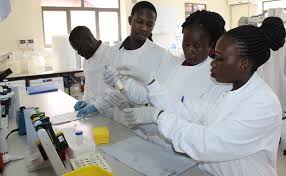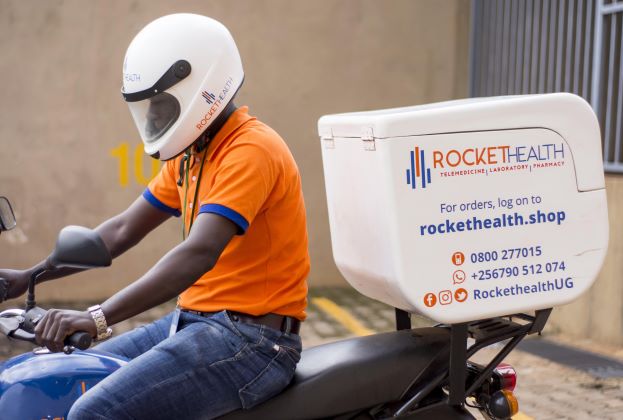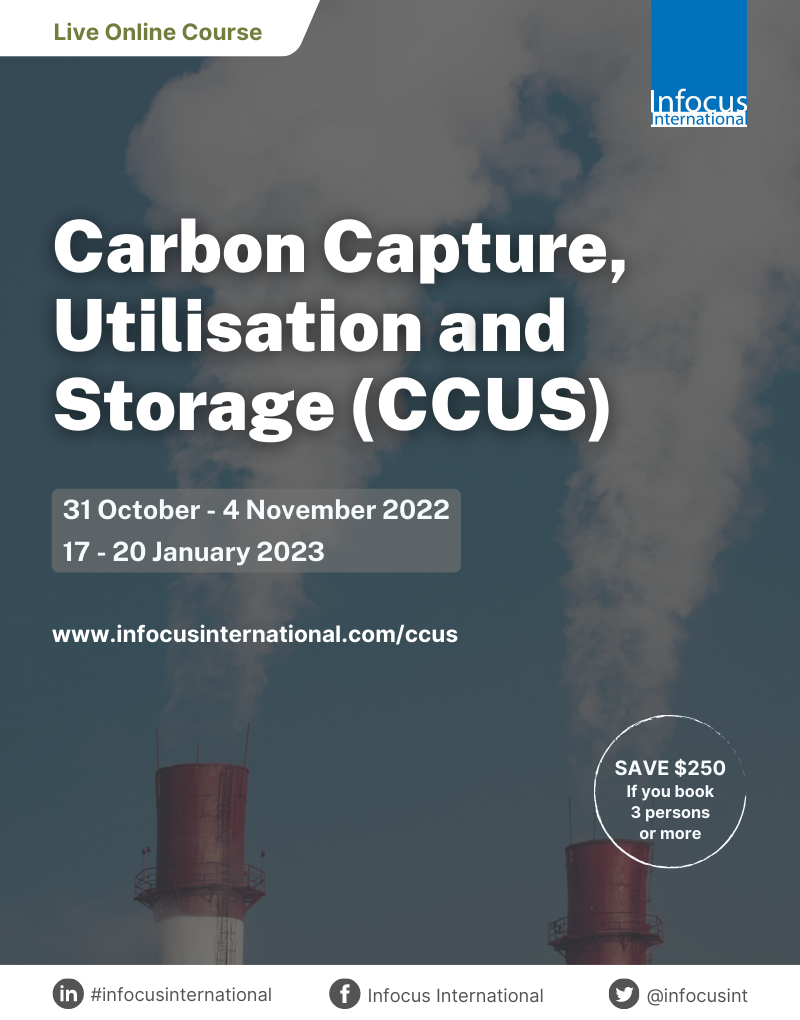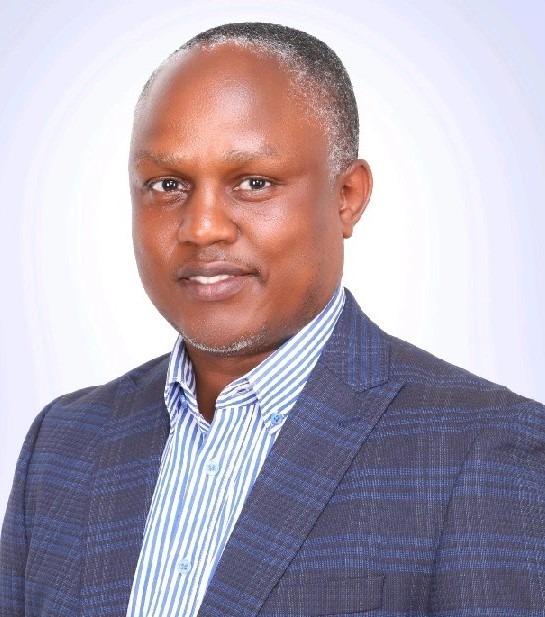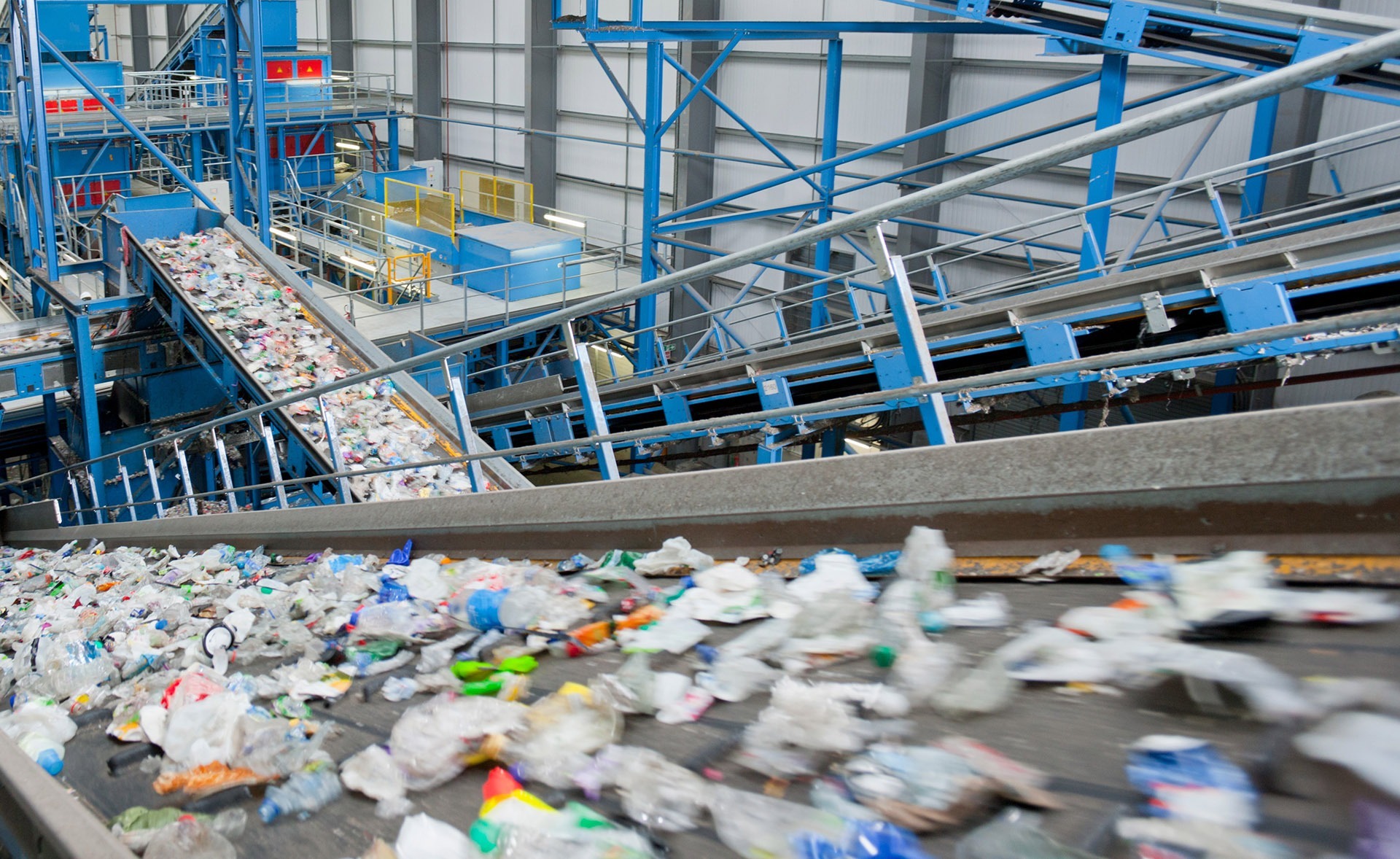A UN agency on trade and development is advising governments in developing countries to invest in science and technology as part of their response to Covid-19, so as to have better capacity to deal with future comparable global jolts to their economies.
The United Nations Conference on Trade and Development (UNCTAD) said that from experience of past crises -especially the economic crises of 2008- it was found that countries that invested in research, science and technology and whose policy frameworks and development interventions were science-based suffered less, than those that did otherwise. Equally, economies with innovations, science and technology investment proved more resilient to shock than those that did not.
This call dovetails with President Yoweri Museveni’s own cry up of science and technology in the country. In his several briefings to the country on Covid-9 over the past several weeks, President Museveni has made boisterous calls to government planners to prioritise support to the country’s science and scientists.
He argued that over the past couple of months the country has faced three challenges; one biological (desert locust attack), the other engineering related (floating sudd threatening to block the country’s hydro-power power dams in Jinja) and the third (health)- Covid-19. He said the country has been able to beat off all the three otherwise devastating threats, using science and Ugandan scientists.
Uganda suffered insignificant devastation by the desert locusts as swift scientific interventions were deployed. The country has also been able to ward off an otherwise catastrophic crash of floating islands on the country’s power dams that are co-located downstream of the River Nile. Without adequate, easily accessible and fast-reacting capacity, the country could have been plunged into a mega power blackout- for days.
The military and civil engineers were able to cut up the sudds and clear them before they crashed on the power generators. As far as Covid-19 is concerned, Uganda is so far a shining star in a region where the number of infections is fast sky-rocketing. Moreover, to date the country has not recorded any death from Covid-19, with several recoveries- which is unlike other East African countries that have recorded several deaths.
Shamika Sirimanne, the director, technology & logistics division at UNCTAD said that even though developing countries as a group have recorded continued growth in research and development expenditure over recent years, “the absolute levels remain small and their Science Technology Innovation (STI) capabilities limited. It is therefore crucial for developing countries to reinforce their commitments to protect investment in STI and to design recovery packages that leverage technology and innovation for sustainable development.”
UNCTAD recommends that as part of the emergency and recovery packages, countries like Uganda should invest in development of vaccines, therapeutics and diagnostic technologies which have local focus and relevance. It said countries should also invest in health infrastructure, laboratories, equipment and supplies that enable local scientists to undertake studies but also respond to the disease. UNCTAD also said countries henceforth need to weave their economic development policies around knowledge from science and innovation (rather than just political and economic theories).
Since the outbreak of Covid-19, the Ugandan scientists has swung into action, working on vaccines, cheap and locally appropriate ventilators, testing kits, among others, albeit with extreme resource stress. Such efforts need to be substantially supported by government in medicine, engineering, ICT, agriculture, among other sciences.




